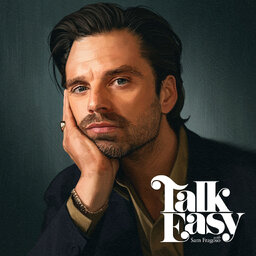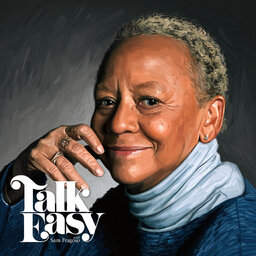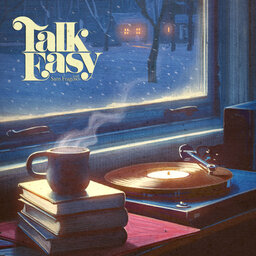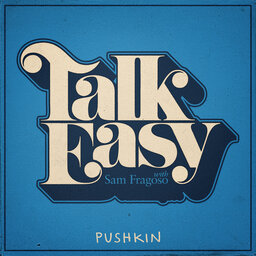Tom Hanks: A Retrospective
Today, we're revisiting our special conversation with actor Tom Hanks.
We begin by discussing his debut novel, The Making of Another Major Motion Picture Masterpiece (5:58), his nomadic upbringing across California (13:28), and the Stanley Kubrick film that made him want to be an artist (19:40). Then, we talk about his early work at the Great Lakes Shakespeare Festival (24:00) and moving to Los Angeles for his television debut in Bosom Buddies (28:30), before pivoting to dramatic roles in films like Philadelphia and Forrest Gump (32:44).
On the back-half, Hanks describes the transformative, eight-year process of making Cast Away (39:00), receiving an AFI Lifetime Achievement award for his work at age forty-six (41:35), the vital performances that followed (42:40), and his insatiable desire to reflect the human experience (46:23).
To close, Hanks reflects on the kinship he found with Yankee hall of famer Joe DiMaggio (59:08), his formative friendships with actor Holland Taylor (52:30) and the late Nora Ephron (54:40), and the Cecil B. DeMille story he hopes to keep telling (55:50).
Thoughts or future guest ideas? Email us at sf@talkeasypod.com.
In 1 playlist(s)
Talk Easy with Sam Fragoso
Talk Easy with Sam Fragoso is a weekly series of intimate conversations with artists, activists, and…Social links
Follow podcast
Recent clips

The Year of Actor Sebastian Stan (‘The Apprentice’)
1:16:35

Remembering Poet Nikki Giovanni
44:21

Talk Easy in 2024: A Mixtape
58:40
 Talk Easy with Sam Fragoso
Talk Easy with Sam Fragoso